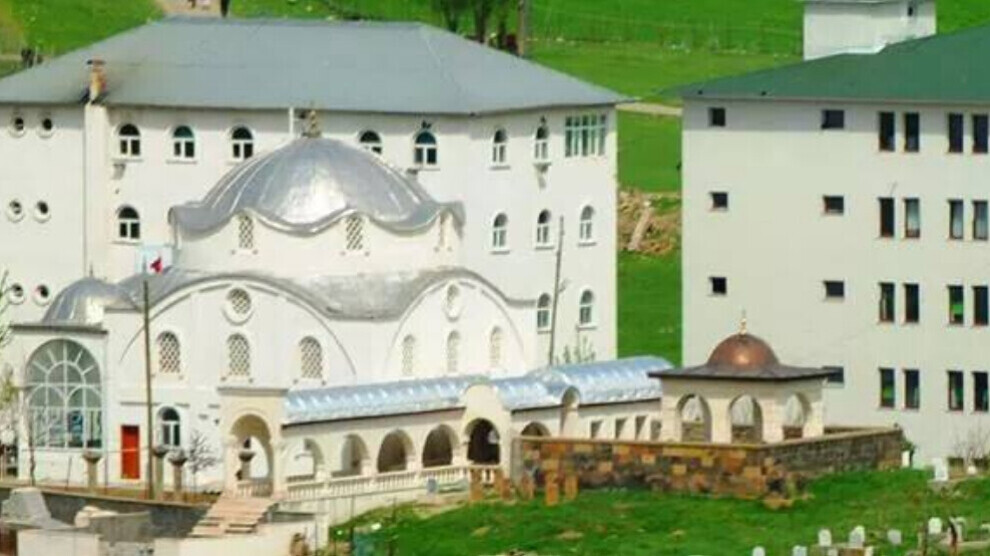Sexual violence in Quran course in Muş
Following the suspicious death of a child in a Quran course in Muş, several acts of sexual violence by religious scholars have come to light.
Following the suspicious death of a child in a Quran course in Muş, several acts of sexual violence by religious scholars have come to light.

On July 3, twelve-year-old M.H.Y. was found hanged in a toilet at the Quran Institute in the province of Muş. The boy died shortly thereafter in the hospital. The family speaks of a planned murder and rejects suicide theories, because the boy could not have strangled himself with a belt on the door handle. Doctors also doubt the suicide.
Cases of sexual violence
The background of the crime is not yet clear, the authorities have imposed a secrecy order on the alleged crime. Many parents are concerned about the situation. There is no control whatsoever over the Quran classes in the region, and new cases of sexual violence continue to emerge. The population in the region speaks of a systematic cover-up of these acts of violence.
Sexual violence against three boys
It came to light that just last year three boys were sexually assaulted in a Quran school in the Kurdish village of Kod (Tan), also in Muş province. The perpetrator was apprehended and arrested. Subsequently, many parents took their children out of the courses. However, the case only came to light because of the persistence of the mother of one of the victims. After her son refused to go to the Quran course and cried constantly, the mother got him to break his silence and report the sexual abuse. However, this only represents the tip of the iceberg, because the children often do not dare to talk to their parents about what they have experienced. Villagers explain that parents are repeatedly persuaded by the madrasas to send their children to the courses.
Family is pressured
These events were hidden from the media and the family was put under pressure in this regard. The family's application to the Muş Religious Affairs Office was also unsuccessful. "The perpetrator has been arrested, what more do you want?" was the message from the office. The families were advised not to "roll out" the issue. In fact, the family of a boy who had shared the incident on digital networks was pressured and the post was removed. The villagers, who did not want to give their names for security reasons, had asked for an intervention regarding the madrasa. In this Quran school, about 500 children not only receive Quran lessons, but the course also serves as a place of instruction.
Religious authority legitimizes sexual violence against minors
The fact that new cases of sexual violence at religious institutions controlled by the state emerge almost every week is no coincidence. The government and religious authorities act hand in hand in legitimizing sexual violence. As recently as the beginning of July, the government reintroduced a law under which perpetrators would go unpunished if they married the underage survivors of their rapists. This law, known as the "abuse amnesty," is close to the government's heart, so it already tried to push it through in 2016 and 2020. State media are also involved in legitimizing sexual violence against children and young people. Last September, for example, the Akit TV channel featured uncriticized statements by a professor such as, "Between the ages of 12 and 17, a woman's body is best suited for childbirth; these are 'superwomen's bodies.' You can ask any doctor about this."
New law hinders clarification of sexual violence
More and more new cases of sexual violence are coming to light in Turkey and northern Kurdistan. But prosecuting the perpetrators is made increasingly difficult. The ratification of the 4th Law Package on July 9 includes an outright perpetrator protection paragraph, after investigations into sexual violence are no longer sufficient to detain the alleged perpetrator if there is only a "strong suspicion" against him. Instead, "concrete evidence" is made a prerequisite for the imposition of pre-trial detention.